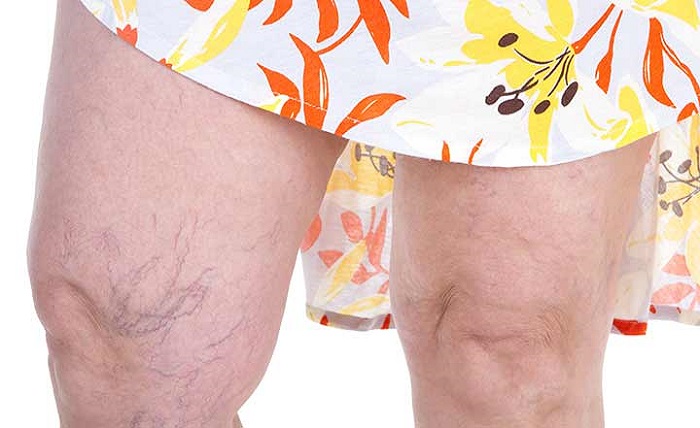Exploring the Burning Sensation of Varicose Veins: Causes and Management

Varicose veins, enlarged and twisted veins often visible beneath the skin’s surface, are a common vascular condition affecting millions of individuals worldwide. While varicose veins can manifest with various symptoms, including swelling, heaviness, and achiness, some people experience a distinct burning sensation associated with these veins. In this blog post, we’ll delve into the reasons why varicose veins may burn, explore contributing factors, and discuss strategies for managing this uncomfortable symptom.
Understanding Varicose Veins: Before delving into the burning sensation associated with varicose veins, it’s essential to understand the nature of this vascular condition. Varicose veins occur when the valves within veins malfunction, causing blood to pool and veins to become swollen and twisted. While varicose veins can develop in any part of the body, they most commonly affect the legs and feet due to the effects of gravity.
Causes of Burning Sensation in Varicose Veins:
Are you wondering, “Why Do My Varicose Veins Burn?”
Several factors contribute to the burning sensation experienced by individuals with varicose veins, including:
- Increased Pressure: Varicose veins are characterized by elevated pressure within the affected veins, which can result in discomfort, heaviness, and a burning sensation. The heightened pressure may be exacerbated by prolonged standing or sitting, leading to worsening symptoms.
- Inflammation: Inflammation within the walls of varicose veins can contribute to the burning sensation experienced by some individuals. Inflammatory mediators released in response to venous insufficiency may irritate nerve endings, leading to pain and discomfort.
- Nerve Irritation: Varicose veins can compress nearby nerves, leading to irritation and discomfort. This nerve compression may manifest as burning, tingling, or numbness in the affected area, particularly when standing or walking for extended periods.
- Skin Changes: Skin changes associated with varicose veins, such as hyperpigmentation, dryness, or eczema, can contribute to sensations of burning or itching. These skin alterations may result from chronic venous insufficiency and impaired circulation.
- Heat Sensitivity: Some individuals with varicose veins may experience heightened sensitivity to heat, exacerbating the burning sensation associated with these veins. Exposure to warm temperatures or prolonged sun exposure may worsen symptoms in susceptible individuals.
Management of Burning Sensation in Varicose Veins:
While the burning sensation associated with varicose veins can be distressing, several strategies can help alleviate discomfort and improve symptoms, including:
- Compression Therapy: Wearing compression stockings or garments can help improve venous circulation, reduce swelling, and alleviate symptoms of varicose veins, including burning sensations.
- Elevation: Elevating the legs above heart level periodically throughout the day can help alleviate pressure on varicose veins, improve circulation, and reduce discomfort.
- Exercise: Engaging in regular physical activity, such as walking, swimming, or cycling, can help promote venous blood flow, strengthen leg muscles, and alleviate symptoms associated with varicose veins.
- Cool Compresses: Applying cool compresses or taking cool showers can help alleviate burning sensations and reduce inflammation associated with varicose veins.
- Topical Treatments: Over-the-counter creams or ointments containing soothing ingredients such as menthol, aloe vera, or witch hazel may provide temporary relief from burning and discomfort associated with varicose veins.
- Medical Interventions: In some cases, medical interventions may be necessary to address severe or persistent symptoms of varicose veins. These interventions may include sclerotherapy, laser therapy, or minimally invasive procedures such as endovenous laser treatment.
The burning sensation associated with varicose veins can significantly impact the quality of life for affected individuals. Understanding the underlying causes of this symptom and implementing appropriate management strategies are crucial for alleviating discomfort and improving overall well-being. By adopting lifestyle modifications, utilizing conservative treatments, and seeking medical intervention when necessary, individuals with varicose veins can effectively manage symptoms and enjoy a better quality of life. If you’re experiencing persistent or severe burning sensations associated with varicose veins, consult with a healthcare provider for evaluation and personalized treatment recommendations.





